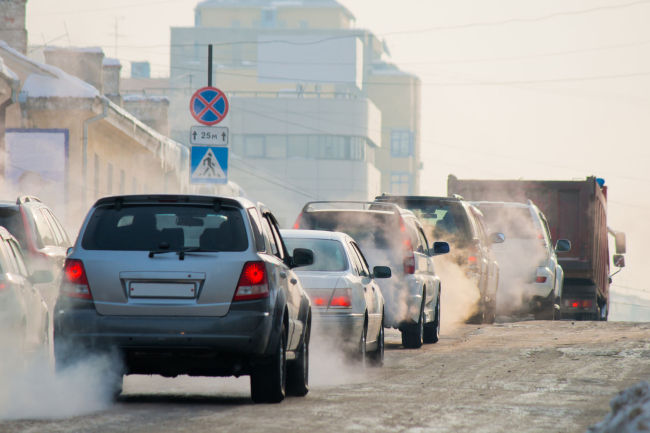South Korea will delay implementing its low-carbon vehicle incentive system until 2020 to minimize the fallout for customers and the automobile industry, government policymakers said Tuesday.
The announcement, reached at a meeting of economic ministers, indicated that while the government would avoid burdening carmakers and consumers, it would encourage people to buy green cars by offering various incentives.
The move will help improve the average greenhouse gas emission mileage standard for the country so it can be on par with other industrialized economies by 2020, the top officials said.
 |
(123rf) |
Economic ministers said that while the launch of the vehicle incentive system has been put on hold for a few years, the main goal of supporting green cars will not be affected in any way.
It said subsidies given for electric vehicles will be expanded to 1,600 vehicles in 2015, from 800 this year, while tax breaks for hybrid electric vehicles, which could reach 2.7 million won ($2,650), will be extended even though they were originally slated to be discontinued at the end of 2015.
In addition, the government will start giving subsidies of 1 million won to people who buy cars with CO2 emission levels of under 100 grams per kilometer.
Also, the country’s emissions-trading system will go into effect next year as planned.
The emissions-trading system is designed to control pollution by providing economic incentives to industries that achieve emissions reductions.
The government sets the cap on the amount of emissions, and the limit is allocated to firms in the form of emissions permits granting the right to emit a specific volume of greenhouse gases.
In 2009, South Korea’s government set a goal of reducing the nation’s greenhouse gas emissions by 4 percent in 2020 and devised relevant laws to be enforced in 2015.
However, the implementation has been uncertain as industries have strongly opposed the move on account of the high financial burden of reducing emissions.
“The government decided to go ahead with the original plan as it would be difficult to reverse the existing laws. We would lose our credibility in international society (should we back down from it),” said Jeong Eun-bo, deputy finance minister, at a press briefing on Monday.
By Shin Ji-hye and news reports
(
shinjh@heraldcorp.com)








